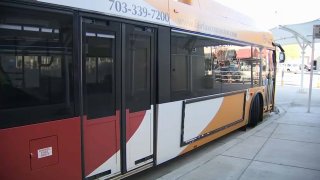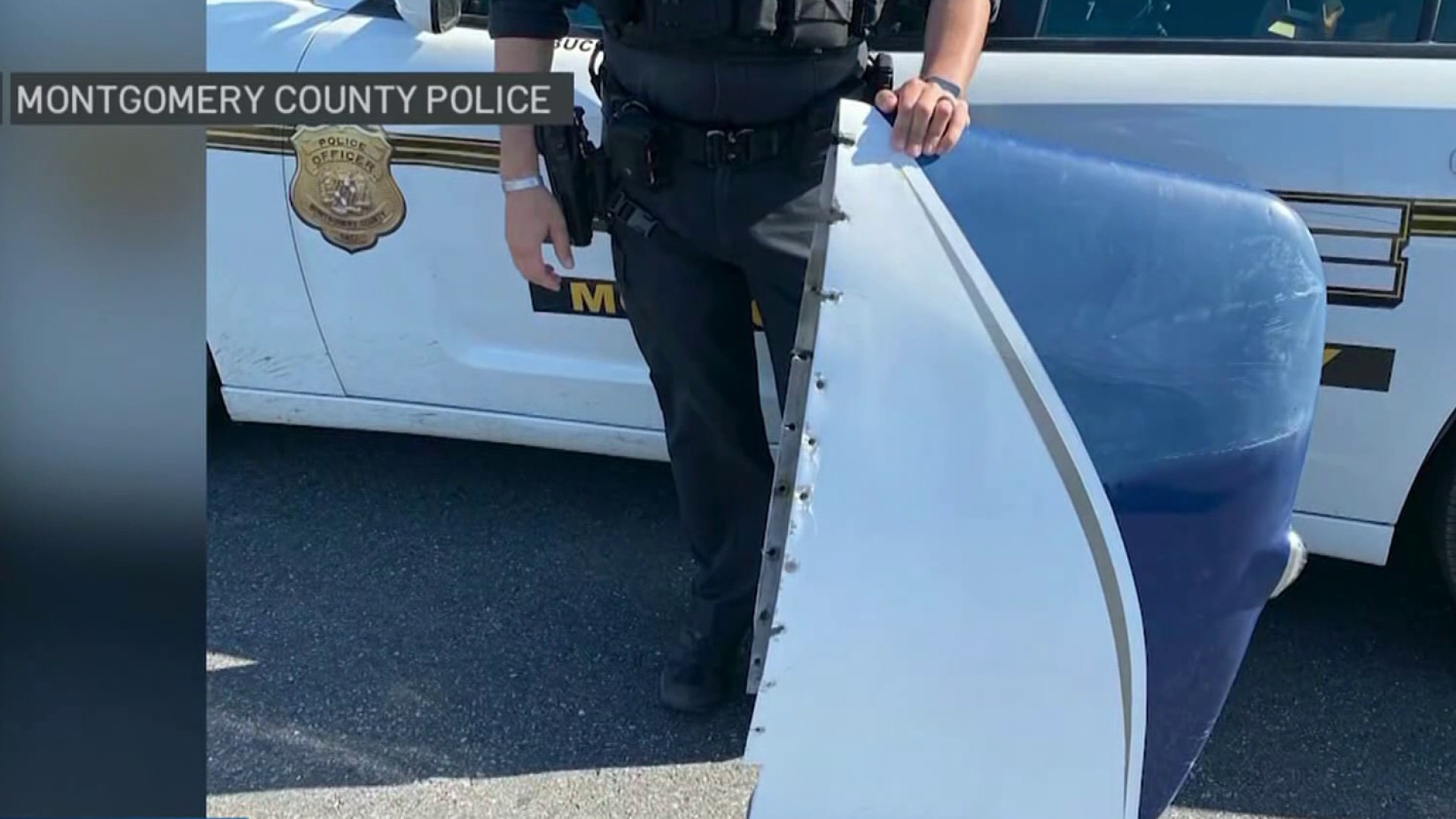
Fairfax Connector bus drivers who were on strike have reached an agreement with Transdev and are expected to return to work Monday.
More than 500 members of the ATU Local 1764 began picketing early Thursday, calling for for better pay, benefits and working conditions.
The strike shut down nearly 85 percent of Fairfax Connector service, according to the union. About 30,000 people rely on the buses for their daily commute.
“We still have items to negotiate, but our riders come first and foremost for us. We are going back to work because their support and that of elected officials and allies have helped us make significant advances at the table,” said ATU International President John Costa said in a release Sunday night.
“Our strike was a victory, sending a loud and clear message to Transdev that we won’t tolerate their unlawful tactics at the bargaining table. We do reserve the right to walk off the job again if the good faith bargaining by Transdev disappears,” Costa said.
"Transdev and the union have come to a mutual agreement to end the current strike. The parties are continuing to bargain in good faith and hope to come to a contract soon," a spokesperson for Transdev said in a statement.
Transdev workers at Metro's Cinder Bed Road garage in Lorton have been on strike for six weeks.
Local
Washington, D.C., Maryland and Virginia local news, events and information
They have asked Metro to hire them directly or force Transdev to negotiate.
Wages and health insurance are among top concerns. Striking Metrobus workers say they are paid significantly less than their counterparts who are employed by Metro. They also say Transdev charges them a $6,000 deductible for health insurance, making it challenging for them to save for retirement.
This strike is affecting thousands of people in Northern Virginia who rely on bus routes 17, 18 and 29. In some cases, commute times have more than doubled.



